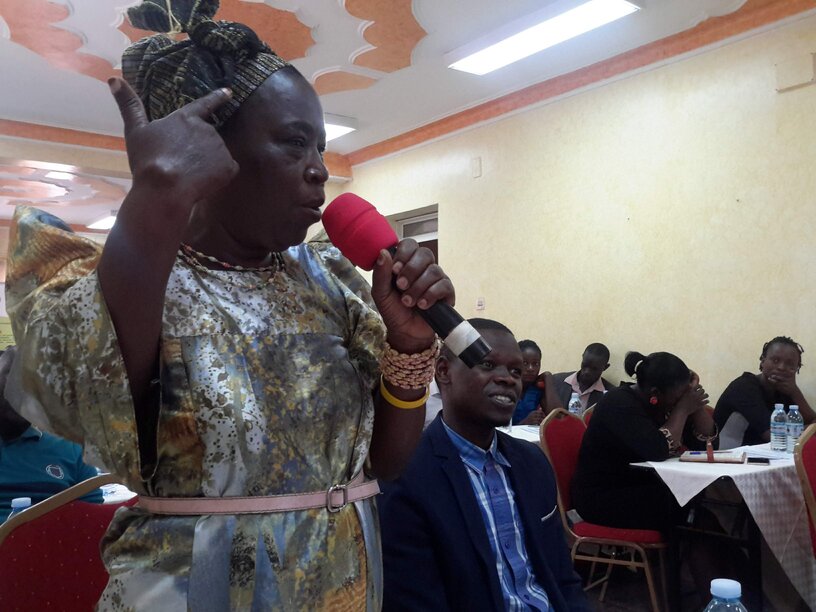What we do
Gender responsive climate action and justice is essential for achieving human rights, sustainable development and peace. Climate change affects women, men, boys and girls differently, depending on their social, economic and cultural contexts. Women and girls often face greater risks and burdens from the impacts of climate change, such as droughts, floods, storms, displacement, food insecurity, health problems and violence. They also have less access to resources, opportunities and decision-making power to cope and adapt to these challenges. Therefore, under gender responsive climate action and justice we aim to address the root causes of gender inequality and discrimination, and ensure that women and girls have equal rights, voice and agency in all aspects of climate policy and practice.

We aim at ensuring that there is a holistic and intersectional approach that recognises the diversity of women’s and girls’ experiences, needs and contributions. We ensure and demand for meaningful participation and leadership of women and girls from different backgrounds and sectors in all levels of climate governance at local, national and global levels. Furthermore, we undertake and advocate for integration of gender perspectives and human rights principals into all aspects of climate action, such as mitigation, adaptation, finance, technology, education and awareness raising.
AFICAAJ aims at promoting some good practices and lessons learned in promoting gender responsive climate action and justices such as popularizing The Gender Action Plan of the United Framework Convention on Climate Change (UNFCCC). At AFICAAJ we recognise that gender responsive climate action and justice are not only a moral obligation but also a strategic opportunity to achieve a more inclusive, equitable and sustainable future for all. By empowering women and girls as agents of change, we can harness their knowledge, skills and creativity to address the climate crisis effectively. By ensuring no one is left behind or harmed by climate action, we can uphold human dignity and respect for all.
